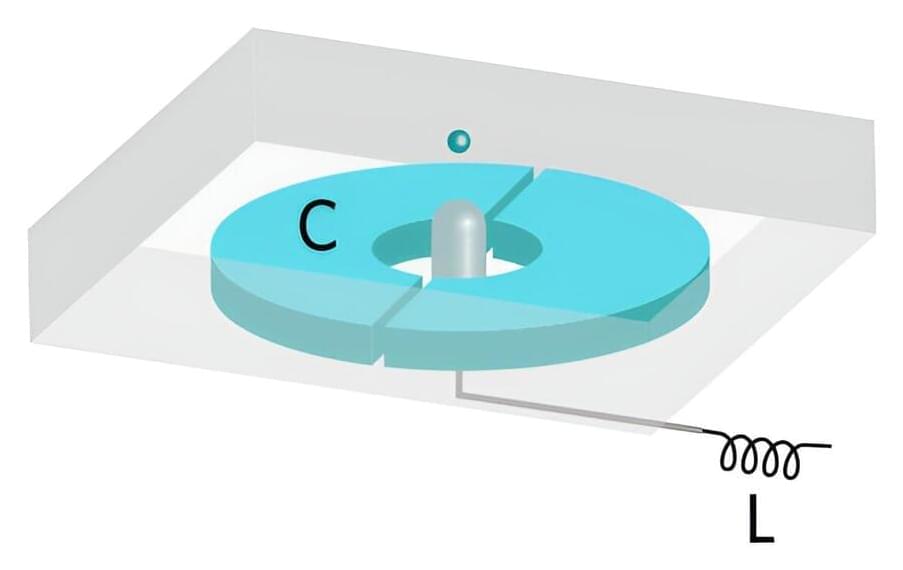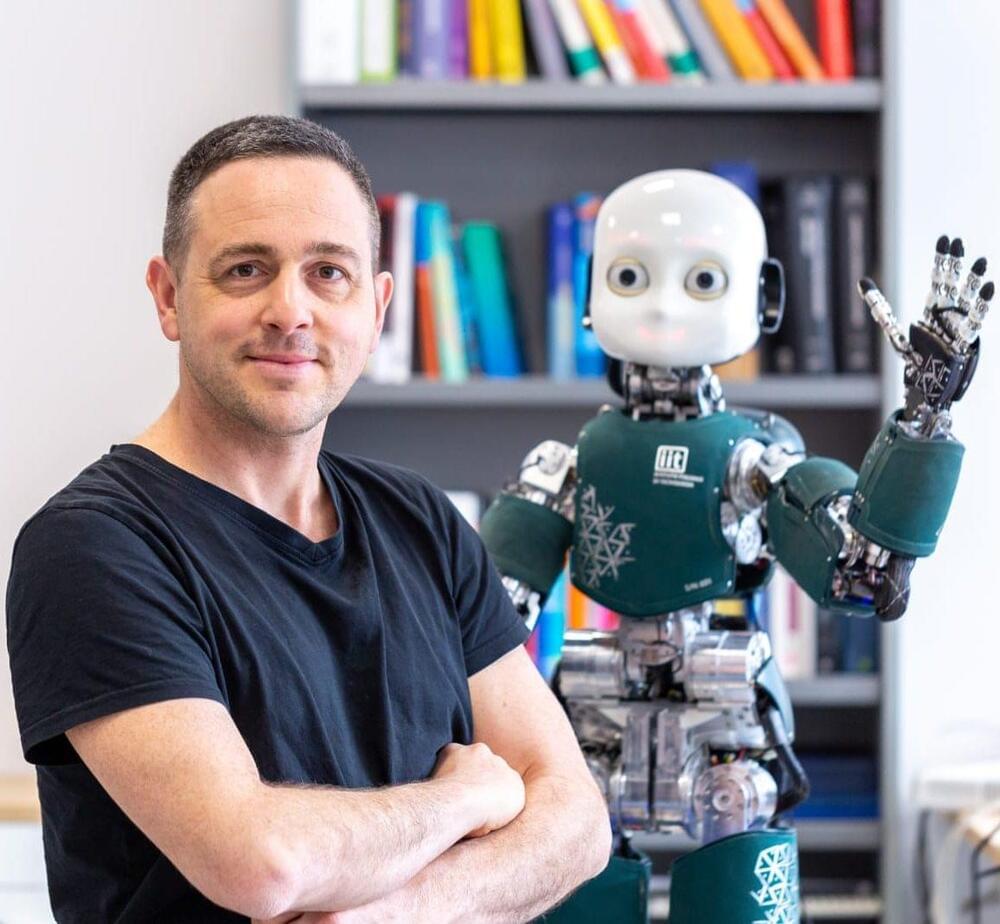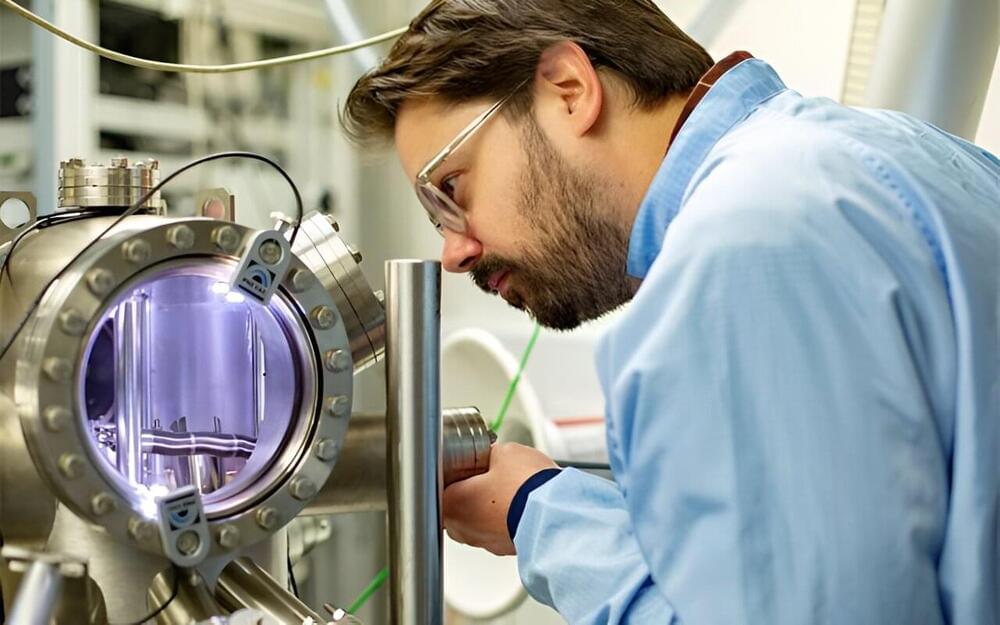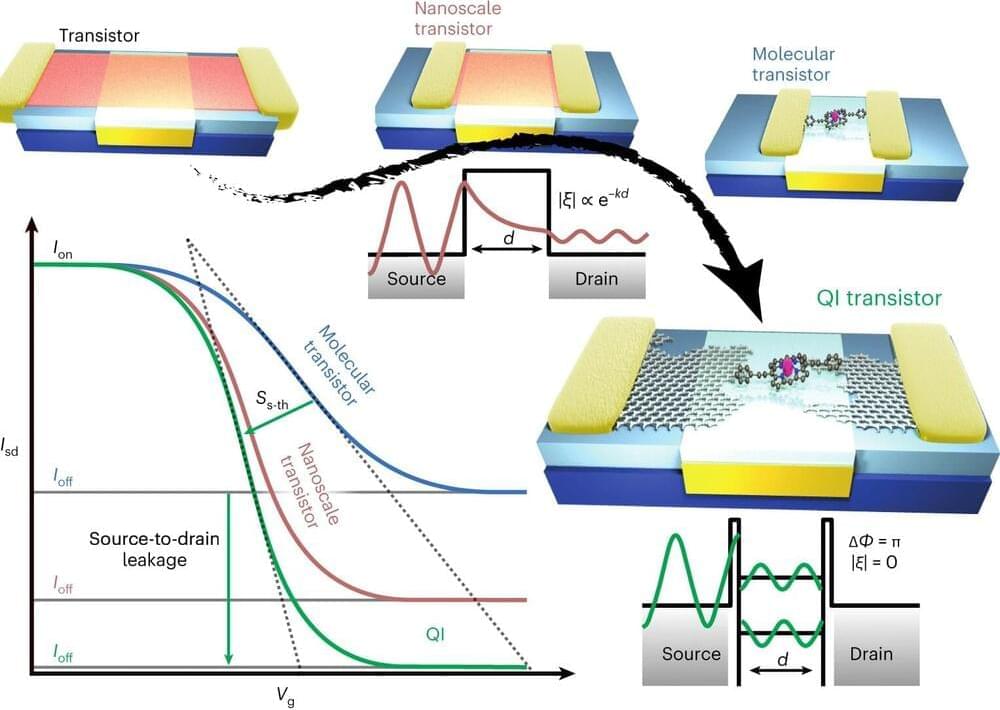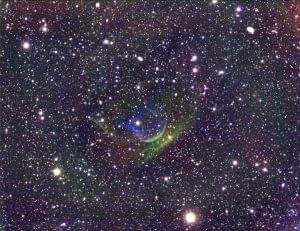Archive for the ‘computing’ category: Page 120
Mar 28, 2024
Realizing clean qubits for quantum computers using electrons on helium
Posted by Shailesh Prasad in categories: computing, quantum physics
Future quantum computers could be based on electrons floating above liquid helium, according to study by a RIKEN physicist and collaborators, appearing in Physical Review Applied.
Mar 27, 2024
Perceiving Touch With Event-Based Neuromorphic Computing Podcast
Posted by Dan Breeden in categories: computing, neuroscience
In this podcast, we chat with Simeon Bamford, who’s currently working on tactile neuromorphic sensors, about creating circuits to perform functions lost to brain damage, Bamford’s involvement with the commercialization of dynamic vision sensors and more.
Mar 27, 2024
Future quantum computers will be no match for ‘space encryption’ that uses light to beam data around — with the 1st satellite launching in 2025
Posted by Dan Breeden in categories: computing, encryption, quantum physics, satellites
Quantum computers will break encryption one day. But converting data into light particles and beaming them around using thousands of satellites might be one way around this problem.
Mar 27, 2024
New diamond transistor is a world-1st — paving the way for high-speed computing at the highest temperatures
Posted by Dan Breeden in category: computing
Scientists have created an n-channel transistor using diamond for the first time, potentially leading to faster components that can work in extreme conditions.
Mar 27, 2024
‘Near perfect’ control of single atoms is major advance toward quantum computing
Posted by Dan Breeden in categories: computing, particle physics, quantum physics
A new fabrication process that could be used to build a quantum computer achieves an almost zero failure rate and has the potential to be scaled up, according to new research from engineers and physicists at UCL.
Mar 27, 2024
W8 V1 — Neuromorphic computing
Posted by Dan Breeden in categories: computing, neuroscience
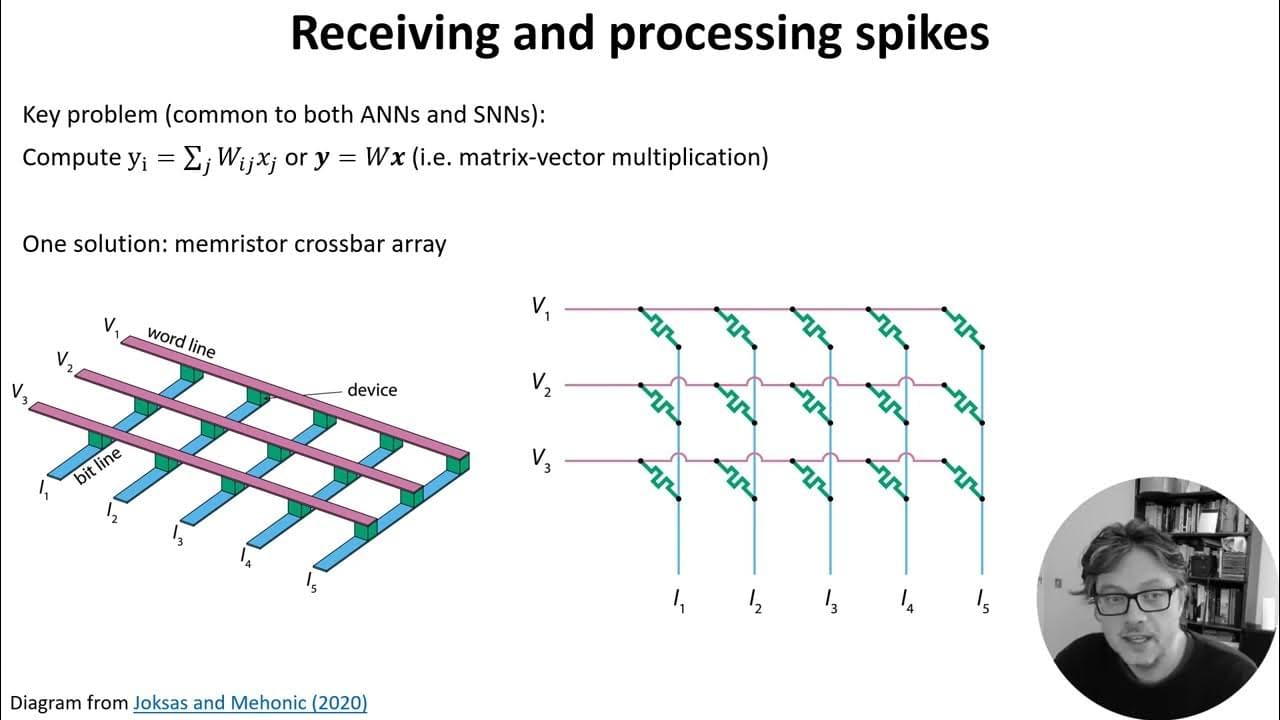
This video is part of the open course “Neuroscience for machine learners”. Find out more at https://neuro4ml.github.io/
Mar 27, 2024
Quantum interference could lead to smaller, faster, and more energy-efficient transistors
Posted by Shailesh Prasad in categories: chemistry, computing, nanotechnology, particle physics, quantum physics
As transistors get smaller, they become increasingly inefficient and susceptible to errors, as electrons can leak through the device even when it is supposed to be switched off, by a process known as quantum tunneling. Researchers are exploring new types of switching mechanisms that can be used with different materials to remove this effect.
In the nanoscale structures that Professor Jan Mol, Dr. James Thomas, and their group study at Queen Mary’s School of Physical and Chemical Sciences, quantum mechanical effects dominate, and electrons behave as waves rather than particles. Taking advantage of these quantum effects, the researchers built a new transistor.
The transistor’s conductive channel is a single zinc porphyrin, a molecule that can conduct electricity. The porphyrin is sandwiched between two graphene electrodes, and when a voltage is applied to the electrodes, electron flow through the molecule can be controlled using quantum interference.
Mar 27, 2024
Condor Telescope reveals a New World for Astrophysicists
Posted by Natalie Chan in categories: computing, education, physics, space
A new telescope called the “Condor Array Telescope” may open up a new world of the very-low-brightness universe for astrophysicists. Four new papers, published back to back in the Monthly Notices of the Royal Astronomical Society (MNRAS) this month, present the first scientific findings based on observations acquired by Condor. The project is a collaborative led by scientists in the Department of Physics and Astronomy at Stony Brook University and the American Museum of Natural History (AMNH).
According to lead researchers Kenneth M. Lanzetta, Ph.D., a Professor in the Department of Physics and Astronomy and Stefan Gromoll of Stony Brook, and Michael M. Shara, Ph.D., Curator in the Department of Astrophysics at the AMNH, Condor is now in full operation. The new “array telescope” uses computers to combine light from several smaller telescopes into the equivalent of one larger telescope and is able to detect and study astronomical features that are too faint to be seen with conventional telescopes.
In the first paper, Lanzetta and colleagues used Condor to study extremely faint “stellar streams” surrounding the nearby galaxy NGC 5,907, a well-known spiral galaxy located some 50 million light years from Earth.
Mar 27, 2024
Video Shows First Neuralink Patient Playing Mario Kart With His Mind
Posted by Shailesh Prasad in categories: biotech/medical, computing, neuroscience
The first patient with a Neuralink brain-computer implant played Nintendo’s Mario Kart video game with his mind in an impressive new demo video, calling it “lifechanging” at a company-wide meeting that was posted Friday on the social media platform X-formerly-Twitter.
“It’s been a wild ride,” said Noland Arbaugh, the 29-year-old Neuralink patient, during the celebratory company meeting.
“This is going to change the world,” added Arbaugh, who’s quadriplegic, meaning he’s paralyzed below his neck from a swimming accident, and requires the use of a wheelchair.

